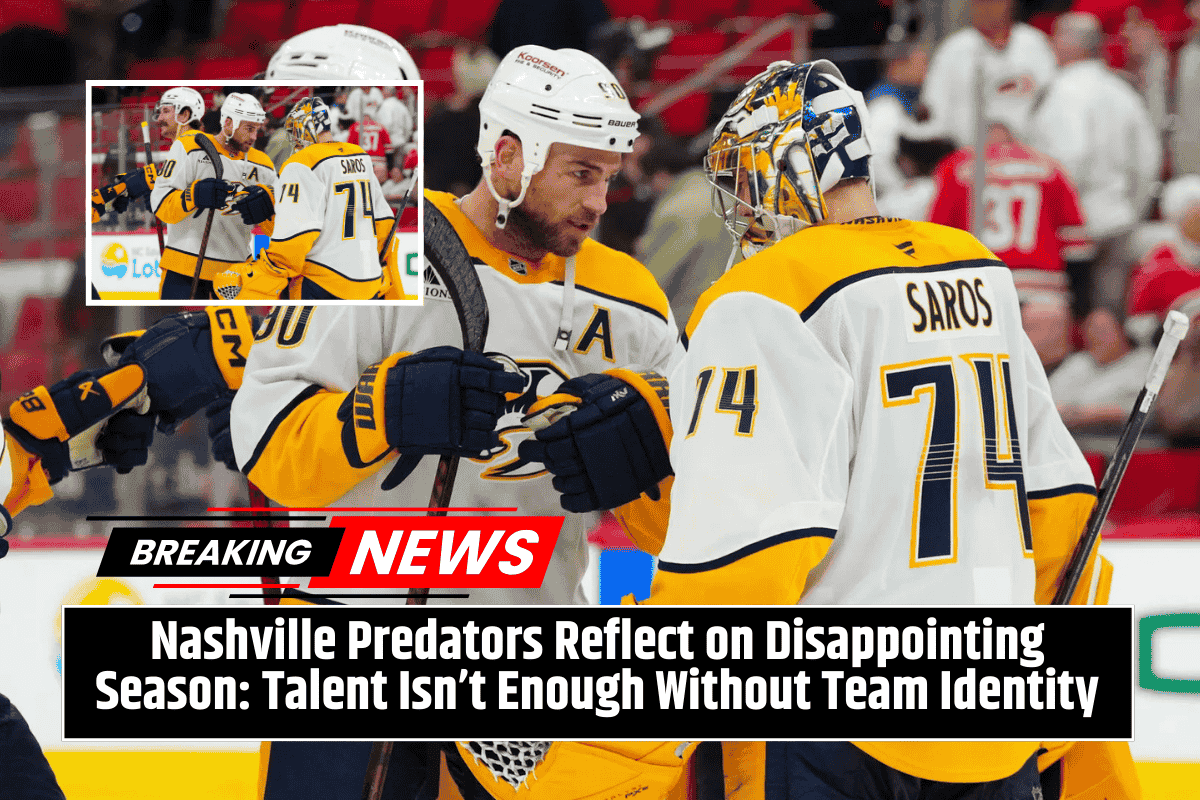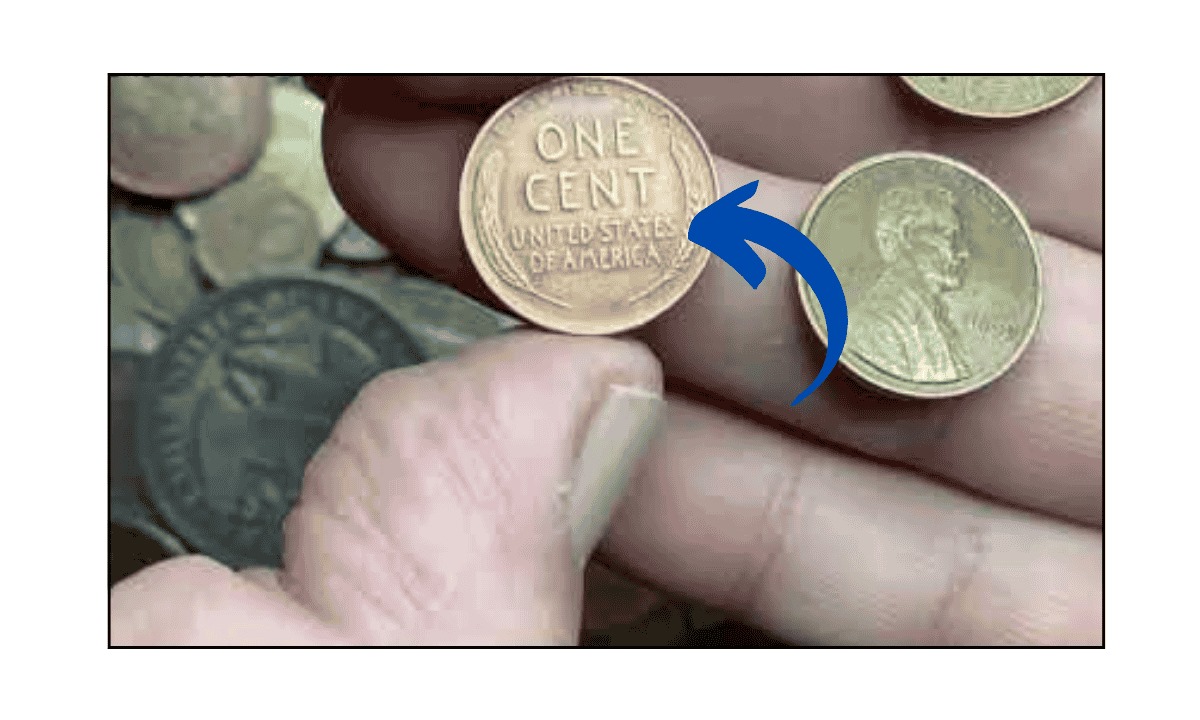The 2024-25 NHL season was supposed to be a new beginning for the Nashville Predators. With big off-season signings and renewed confidence after a playoff appearance the year before, expectations were sky-high. However, what was expected to be a promising year quickly turned into a painful reminder that talent alone doesn’t win championships — identity, chemistry, and cohesion do.
A Summer of High Hopes
The Predators were one of the most active teams in the off-season. They added superstar forward Steven Stamkos, playoff performer Jonathan Marchessault, and solid defenseman Brady Skjei to strengthen their roster. In goal, they committed to Juuse Saros as their franchise netminder, signing him to an eight-year, $61.92 million contract. At the same time, they traded top goalie prospect Yaroslav Askarov to San Jose, doubling down on their belief in Saros.
It looked like a team ready to take the next step — one with the firepower, leadership, and skill to challenge the best in the Western Conference.
A Crushing Start and Mental Toll
Unfortunately, the Predators began the season with five straight losses, which completely derailed their mindset. Ryan O’Reilly, speaking from the World Championship in Sweden, described the early-season collapse as a mental blow that the team never fully recovered from.
He explained how the pressure of high expectations made players tighten up and lose the sense of unity that made the 2023-24 squad so successful. Despite working hard, the lack of alignment and shared purpose left the group heavy with pressure throughout the year.
Chemistry Can’t Be Rushed
The team’s struggles weren’t due to a lack of skill. Instead, the problem was a lack of chemistry. Plugging in big-name players can boost a team’s talent, but building chemistry takes time — and the Predators ran out of it.
Saros admitted that the team couldn’t figure things out on the ice. “Even if you have all the talent on paper, it doesn’t always work out,” he said. O’Reilly added that by the time chemistry started to form, the damage had already been done.
In a league as competitive as the NHL, a slow start can be deadly — especially in the Western Conference, where playoff spots are hard to come by.
From Underdogs to Uncertain Contenders
What’s most frustrating is how quickly the team’s identity changed. Just a year earlier, the Predators were seen as scrappy underdogs who earned their playoff spot through grit and unity. That identity disappeared this season, replaced by a talented but disjointed group that couldn’t find consistency or rhythm.
Both Saros and O’Reilly agree that Nashville needs to regain its focus and re-establish a clear identity — one built on hard work, structure, and buying into the system.
Support for Coach Andrew Brunette
Despite the team’s poor results, the Predators have chosen to stick with head coach Andrew Brunette. Usually, a season like this results in a coaching change, but Brunette’s job is safe — showing the front office and players still believe in his leadership and system.
O’Reilly defended Brunette, noting how effective his system was when followed properly. “At the end of the day, a system is a system,” he said. “It’s about the way we buy into it and work within the system.”
What’s Next for Nashville?
Predators GM Barry Trotz built this roster with a clear goal in mind: compete for a Stanley Cup. But after this season, he faces big questions. Will he run it back with the same core, or make changes to spark a turnaround?
While major trades are unlikely, some adjustments could be made. However, what this team truly needs can’t be signed in free agency — it has to come from within. Leadership, effort, chemistry, and a clear team identity are what will decide the Predators’ future.
The 2024-25 Nashville Predators had everything on paper — star players, a proven goalie, and strong leadership. But as this season showed, hockey isn’t played on paper. Without chemistry and a unified purpose, even the most talented teams can fall short.
As the organization regroups this summer, the focus must be on rebuilding not just the roster, but the team’s spirit and identity. If they can do that, there’s still hope for a bright future. But if these same issues return, then the dream of becoming a true contender may remain just out of reach.













